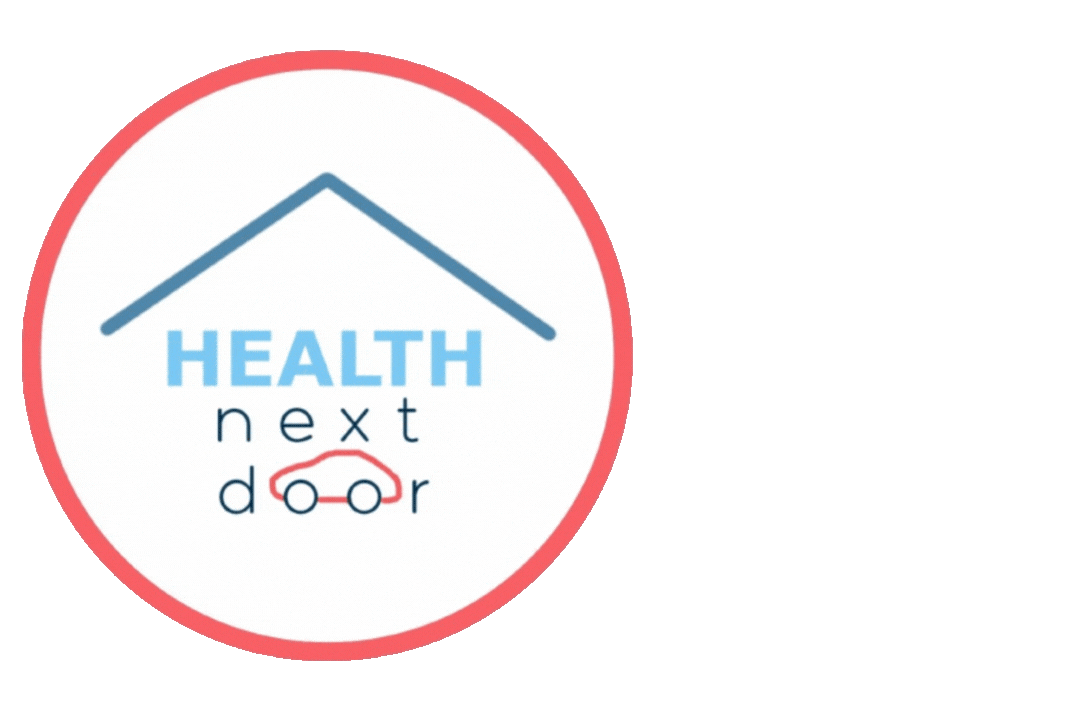Assistive Devices for Daily Living: A Guide for Individuals with Disabilities

Introduction:
Living with a disability can present unique challenges, but with the right tools and support, individuals can enhance their independence and improve their quality of life. Assistive devices are invaluable resources designed to bridge the gap between limitations and daily tasks, empowering individuals to navigate the world more freely. In this guide, we'll explore a range of assistive devices tailored to various needs, aiming to offer insights and solutions for individuals with disabilities.
Understanding Assistive Devices:
Assistive devices encompass a diverse array of tools, gadgets, and technologies aimed at supporting individuals with disabilities in performing daily activities. These devices are designed to accommodate a wide range of impairments, including mobility limitations, visual or auditory impairments, and cognitive challenges. From simple aids to complex technologies, assistive devices are tailored to meet the specific needs of users, promoting independence and inclusion.
Mobility Aids:
For individuals with mobility impairments, mobility aids play a crucial role in facilitating movement and navigation. Wheelchairs, both manual and powered, offer mobility solutions for individuals with limited mobility or paralysis. Additionally, walkers, canes, and crutches provide stability and support for those with ambulatory difficulties. Advanced technologies such as exoskeletons and mobility scooters further expand mobility options, enabling individuals to access various environments with greater ease.
Visual and Auditory Aids:
Visual and auditory impairments can significantly impact daily functioning, but assistive devices offer innovative solutions to enhance accessibility. Screen readers, Braille displays, and magnification software empower individuals with visual impairments to access digital content and navigate electronic devices independently. Similarly, hearing aids, cochlear implants, and assistive listening devices improve auditory communication and facilitate engagement in social activities, ensuring individuals with hearing loss can participate fully in daily life.
Communication Aids:
Communication aids are invaluable tools for individuals with speech or language impairments, enabling them to express themselves effectively and interact with others. Augmentative and alternative communication (AAC) devices, such as speech-generating devices and communication boards, facilitate communication for individuals with conditions like autism, cerebral palsy, or aphasia. These devices offer customizable options to accommodate diverse communication needs, promoting autonomy and social inclusion.
Daily Living Aids:
From dressing and grooming to cooking and household chores, daily living aids provide practical assistance for a range of activities. Adaptive utensils, dressing aids, and modified household tools help individuals overcome physical limitations and maintain independence in daily routines. Smart home technology, including voice-activated assistants and automated devices, further streamline daily tasks, offering convenience and accessibility for individuals with disabilities.
Conclusion:
Assistive devices are invaluable assets that empower individuals with disabilities to live more independently and participate fully in society. By understanding the diverse range of assistive technologies available, individuals can identify tools that meet their unique needs and preferences. Moreover, ongoing advancements in technology continue to expand possibilities, driving innovation and enhancing accessibility for individuals with disabilities. Through advocacy, education, and collaboration, we can foster a more inclusive society where everyone has the opportunity to thrive, regardless of ability.
About Us:
Health Next Door is a revolutionary mobile physiotherapy provider based in Sydney, transforming the healthcare landscape by bringing quality physiotherapy services directly to the doorstep of individuals across the city. With a mission to make healthcare more accessible and convenient, Health Next Door offers a seamless experience where expert physiotherapists deliver personalised care in the comfort of patients' homes. By eliminating the need for travel and wait times associated with traditional clinic visits, Health Next Door empowers patients to prioritise their health and well-being without disrupting their daily routines. Through innovative mobile technology and a commitment to excellence, Health Next Door is redefining physiotherapy services, ensuring that individuals receive timely, effective treatment tailored to their unique needs, right where they are.


-2.png?width=50&height=50&name=a43a24%20(1)-2.png)